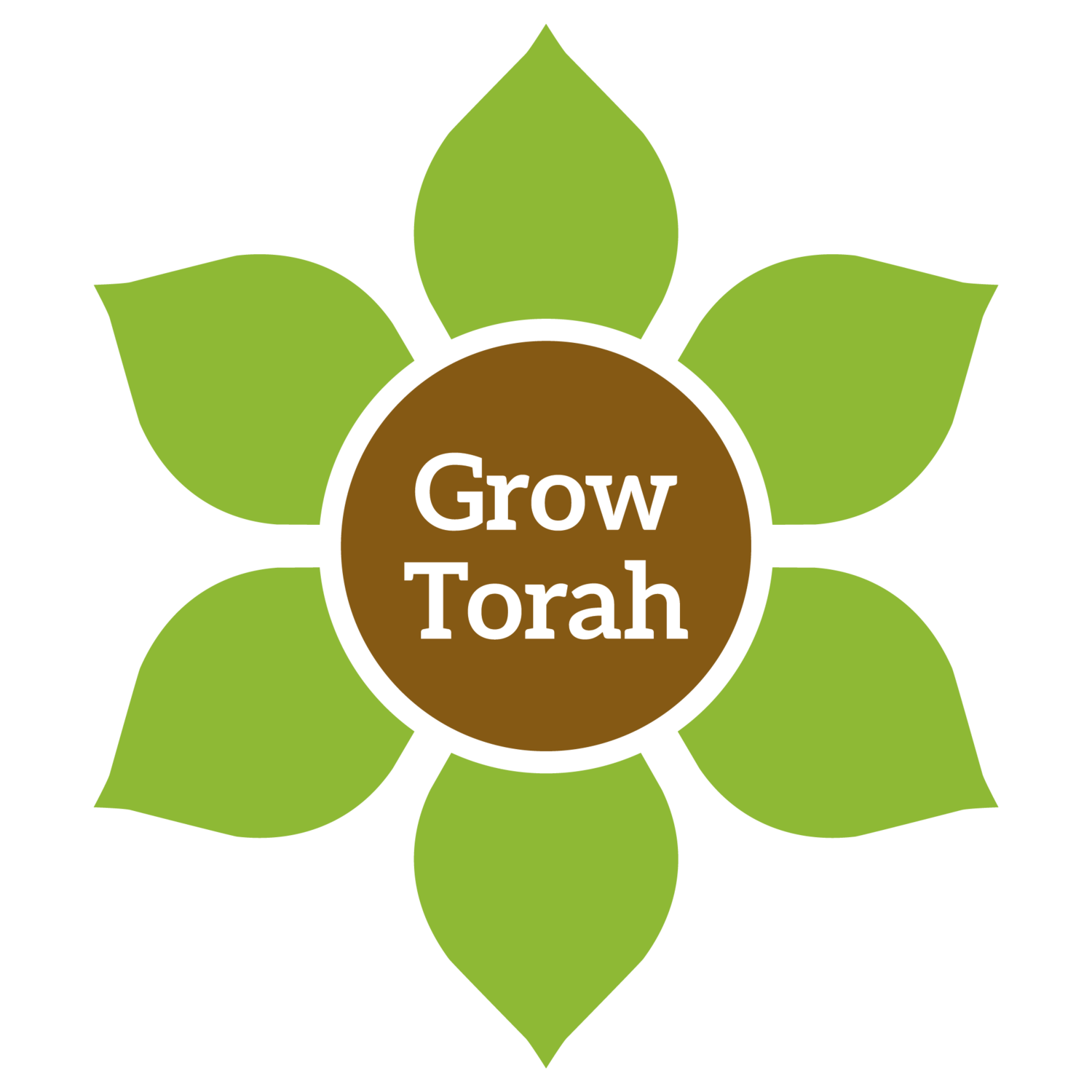A Torah Stroll
Written by Rabbi Barry Kornblau
On Shabbat afternoons after Pesach, it is customary to study successive chapters of Pirkei Avot (Chapters of the Fathers). Particularly in the spring as the world blossoms with lush beauty, it is startling to come across a rabbinic statement in this Shabbat's chapter denigrating the appreciation of natural beauty:
המהלך בדרך ושונה ומפסיק ממשנתו ואומר, "מה נאה אילן זה! ומה נאה ניר זה!” - מעלה עליו הכתוב כאילו מתחייב בנפשו.
A person walking on the road while reviewing his Torah knowledge who interrupts his review to declare, “How lovely is this tree!”, or “How lovely is this plowed field!” - Scripture considers it as if he deserves capital punishment. (Avot 3:7)
What, exactly, did this person do to deserve death at Heaven's hand? After all, everyone's mind wanders from time to time. Even the most pious and studious take breaks while studying, if only to rest – and surely it is ordinary for someone walking along a road to rest.
Many commentaries say the walker sinned by diverting his attention away from the paramount mitzvah of Torah study. Others say that this mishnah is teaching that noticing or remarking upon the beauty of a lovely tree or field is a neutral activity at best; an idle or negative one, at worst. Yet halachah takes it for granted that people perceive beauty in trees and other beautiful aspects of Creation, even requiring us to recite a blessing when we encounter them: “Blessed Are You, Hashem … who has such [remarkable things] in His world.” So perhaps the walker sinned by omitting this blessing, noting only the beauty while not acknowledging its Source.
Rabbi Tzvi Yehudah Kook interprets this mishna entirely differently. In his view, the walker erred by thinking that appreciation of a tree's or field's beauty constitutes an interruption in Torah study. Instead, he must understand that appreciating the beauty of Creation is an integral part of – not an interruption in – the study of Torah and God's world. In this light, R. Tzvi Yehudah quotes a beautiful, mystical poem, “The Whispers of Existence”, written by his father, Rabbi Avraham Yitchak Kook which says that “Every gentle sound / Every living beauty / [should] Arouse in [us] the glory of a holy song.”
As we stroll discussing Pirkei Avot and other Torah this spring and summer, let us try to carry out the rather tall order of Rabbis Kook, father and son. Let us perceive a glorious, holy, uninterrupted Godliness in everyone and everything. People, Torah, plants, animals, the heavens – all pulsate with the song of Oneness of Hashem.
